
Anglers Against Litter
Fishing’s newcomers urged to protect wildlife from dangers of angling litter
New anglers who have taken up the sport since lockdown are being reminded by the Angling Trust and the RSPCA about the dangers to wildlife from angling litter.
With fishing one of the first sports to resume following easing of the Covid-19 lockdown restrictions, many people have taken up angling for the first time to enjoy the outdoors and the benefits to health and wellbeing it brings. As a result, stores across the country have sold out of fishing starter kits and rod licence sales have increased.
With more people out on the bank or beach, the Angling Trust and the RSPCA are reminding anglers to discard of litter responsibly to protect wildlife from harm and keep the outdoors clean and safe for all to enjoy.
The initiative comes as the RSPCA revealed earlier this month that over the past five years, the RSPCA has received more than 21,600 reports of animals injured or caught in litter, of which three-quarters (15,183) of calls related to angling litter – some ghost gear from commercial fishing boats but others due to snagged fishing line.
Adam Grogan RSPCA Head of Wildlife, said:
“Litter presents a huge and growing issue for wildlife. Animals may eat items of litter that have been dropped on the floor, become trapped inside bottles, entangled in plastic bags or snagged fishing line, or cut themselves on sharp glass or hooks. In some cases, this can sadly lead to severe injury or death. Waterfowl are often admitted to the RSPCA’s four wildlife centres with nasty wounds caused by hooks, line and netting, which can cut deep into their skin, affecting circulation and with wounds becoming seriously infected.”
Dr Emily Smith, Angling Trust’s Environment Manager, said:
“Most anglers are very responsible when disposing of their litter, but unfortunately it only takes one piece of snagged or discarded fishing line to endanger the life of an animal. Discarded line, in particular, is a terrible hazard for wildlife, especially as it can be almost invisible.
“We’ve joined forces with the RSPCA to ask all anglers to be extra cautious and make sure nothing is left behind by following our simple steps to protect the environment and wildlife from harm.”
- Retrieve any snagged fishing line
Fishing line can accidentally get snagged in overhanging trees or rocks beneath the water surface. If left, birds and other animals can become entangled in line and hooks causing themselves serious injury, or even death. Where it is safe to do so, retrieve this line and take it home with you to recycle through the Anglers National Line Recycling Scheme (ANLRS) . If you cannot retrieve the line yourself then note its location on a map and report it to the landowner or the Environment Agency environmental incident hotline on 0800 80 70 60. To prevent line becoming lost in the first instance, it is good to look around where you are fishing before you start. Avoid vegetation or obstructions in the water. If there are overhanging trees extending far out on the other side of the bank, it might be better to set up further along the bank.
- Recycling all fishing line through the Anglers National Line Recycling Scheme
Anglers National Line Recycling Scheme (ANLRS) is a nationwide initiative to enable old fishing line to be recycled rather than going to landfill. There are recycling bins at locations across the country where anglers can take old fishing line to be recycled, or you can send the fishing line in the post. This includes angling litter recycling points sited at the RSPCA’s four wildlife centres at West Hatch in Taunton, Somerset; Stapeley Grange in Nantwich, Cheshire; East Winch near King’s Lynn, Norfolk and Mallydams Wood in Hastings, East Sussex as well as hundreds of other sites throughout the UK.
- Leave no trace
Always take your litter and equipment away with you and dispose of it correctly. Better still we encourage everyone to follow the Angling Trust’s Take 5 campaign, supported by the Environment Agency and part-funded from fishing licence income, which involves spending five minutes when you finish fishing to pick up any litter you can see and take it home with you. We recognise a lot of litter may have been left by others but picking up just a few pieces of litter every time you go out will make a huge difference in protecting wildlife from harm. Picking up a single piece of litter could save an animal’s life.
The Angling Trust and RSPCA are also concerned about line used in other pastimes, such as crab lines which are popular in the summer. They can cause severe problems, as demonstrated by two swans that got entangled in crab lines in Hampshire. We urge people to purchase crabbing equipment that uses baited pouches rather than crab lines with hooks, and to dispose of crab line properly, cutting crab line into small pieces and placing in the domestic bin to avoid hurting wildlife.
If you are new to fishing you also may not have realised you need a rod licence to fish in England and Wales. It’s also important to remember that not only is leaving a rod unattended is illegal, it also poses a serious danger to wildlife. Last month, the RSPCA issued a reminder after a herring gull was trapped by an unattended, fully-baited rod in North Wales. More information about where you can fish and what equipment you need is available in this Angling Trust blog.
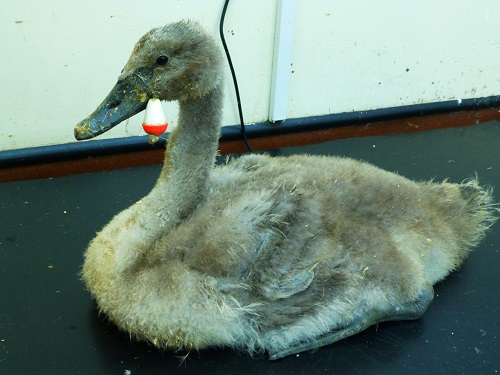
A rescued young swan entangled in fishing line
You might also like

Angling Trust supports proposals to ban trawling and dredging…
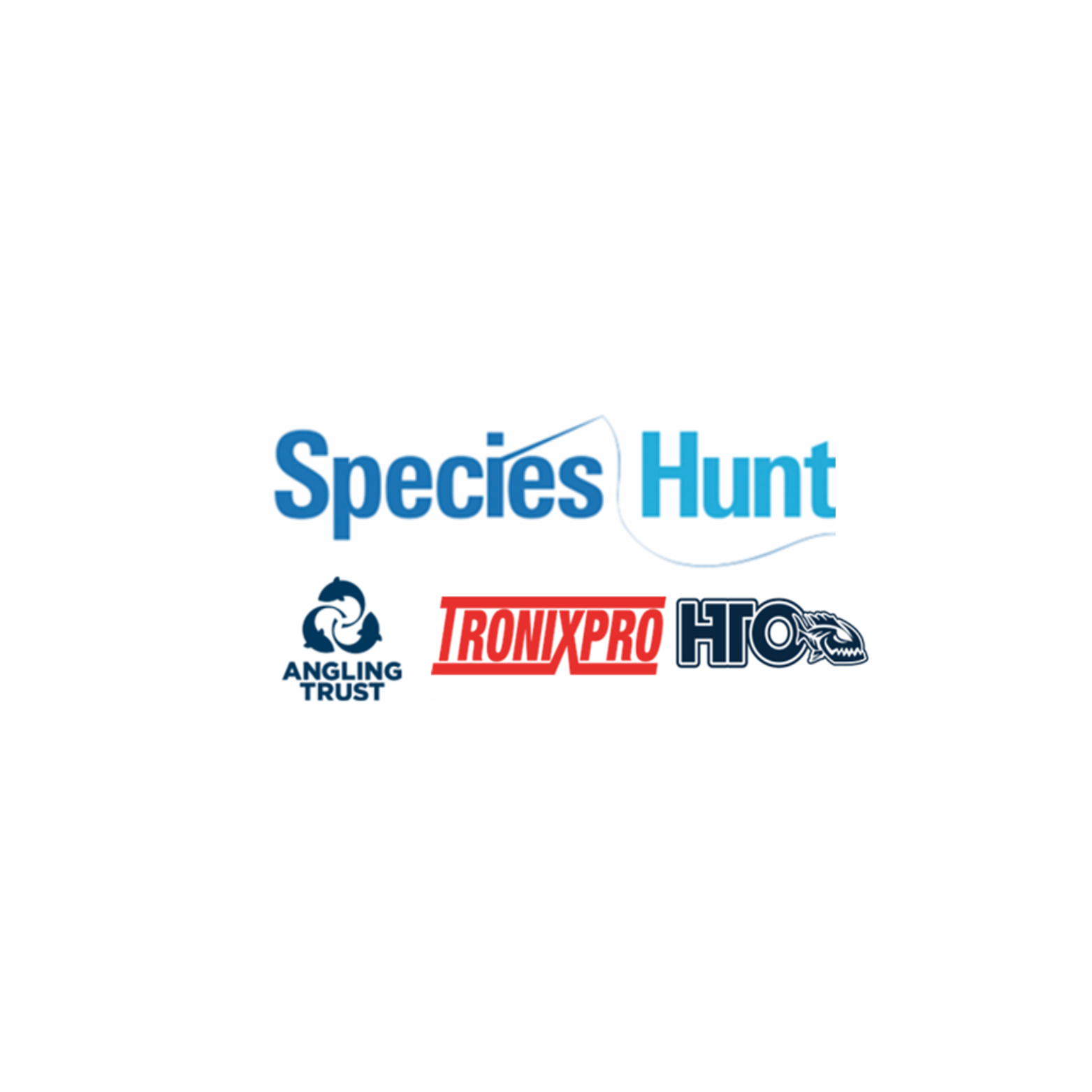
SPECIES HUNT 2023-24 SEASON – FINAL LEAGUES REVEALED
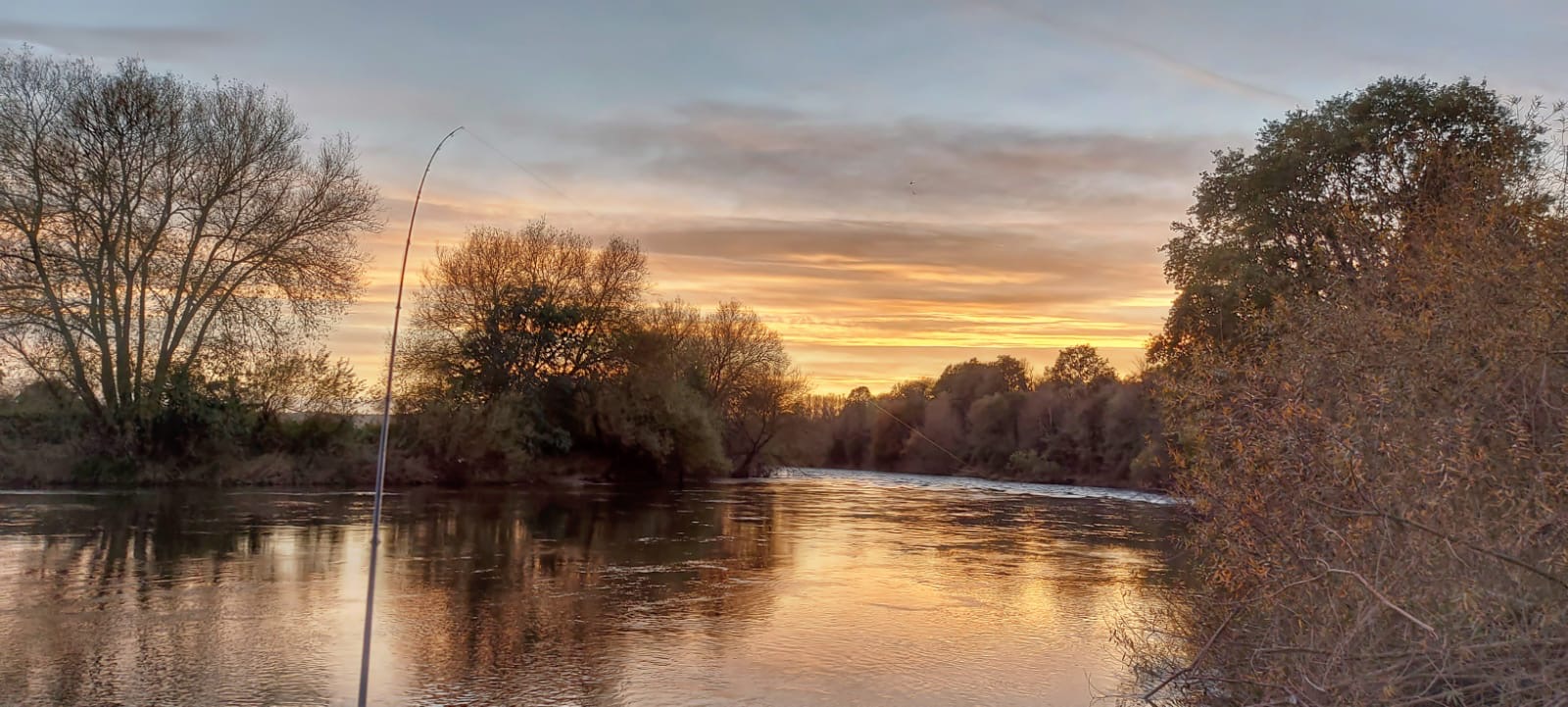
The River Wye Action Plan: A small step when…

Kennet Catchment River Keepers Lead Anglers Against Pollution Protest

Angling Trust criticises the government’s new Water Restoration Fund…
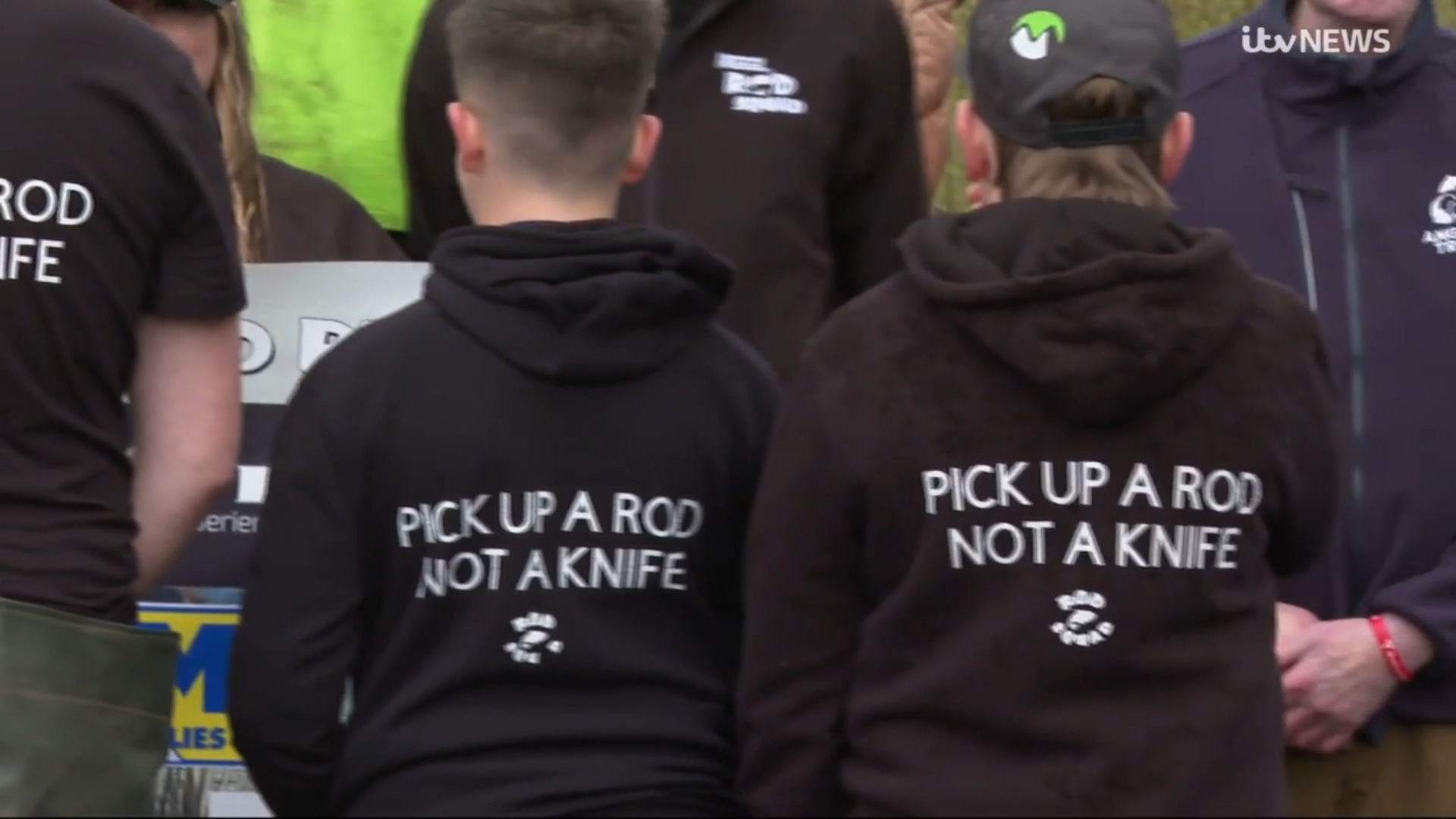
Nuneaton charity ReelRod Squad tackling knife crime by helping…

ENGLAND SQUADS SELECTED FOR YOUTH WORLD CHAMPS 2024

Thames Tidefest Angling Championship to return for the 11th…

£150,000 available to help tackle fish predation as Angling…

Angling Trust calls for RSPCA to stop releasing seals…
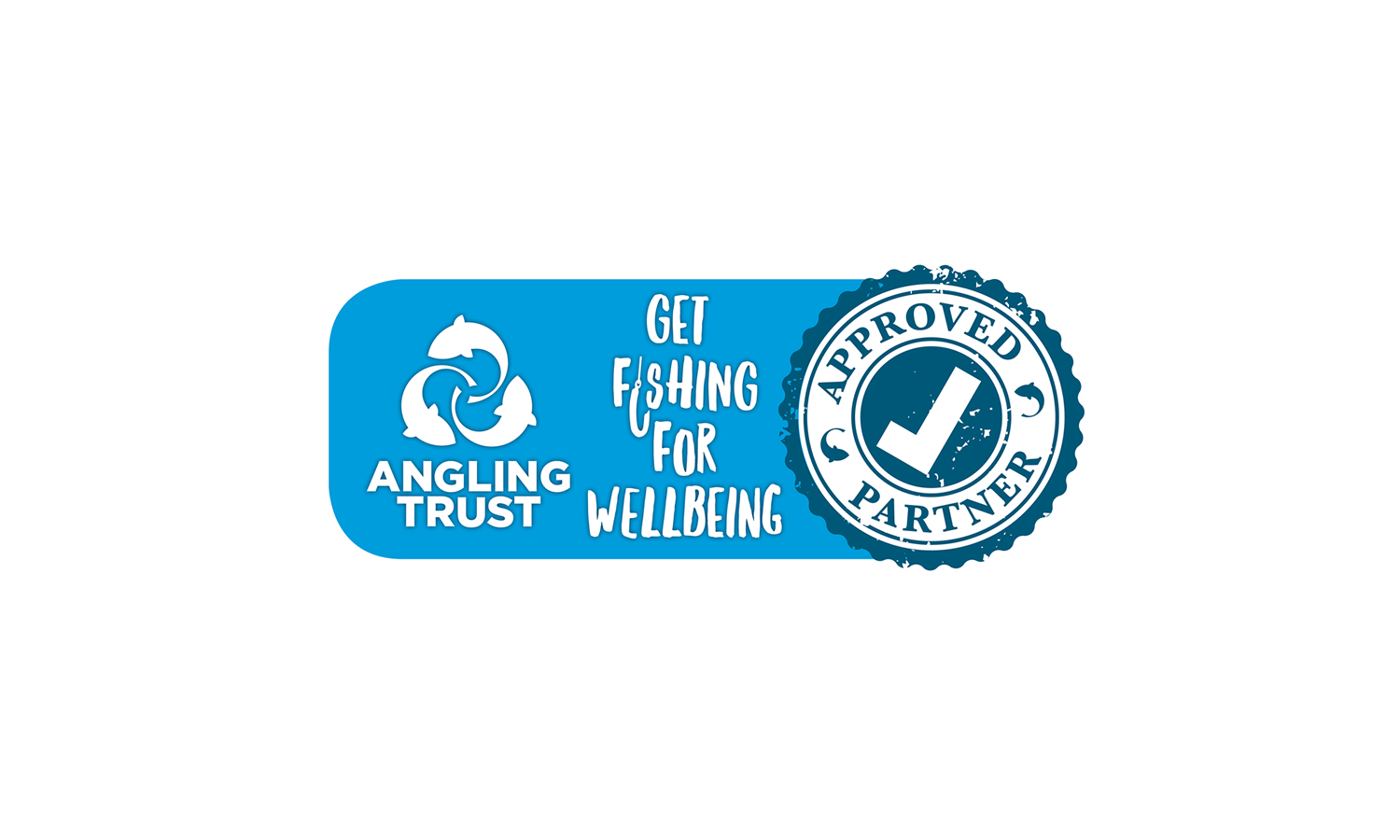
SIAS YOUNG PEOPLE – WELCOME CHARITY – SOLLIHULL









